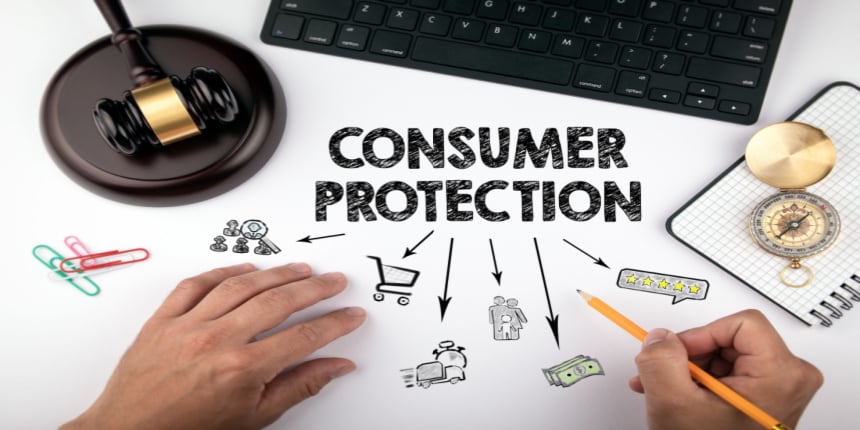COPRA Full Form
What is the Full Form of COPRA?
The Consumer Protection Act 1986 is the full form of COPRA. To safeguard the interests of Indian consumers, the Indian Parliament passed this law in 1986. It was created to set up consumer councils and other bodies to resolve consumer complaints and issues. Six consumer rights are recognised under this Act. These rights include protection, information, choice, hearing, seeking redress, and consumer education. Additionally, a world-first dispute resolution system has been built. A new law was passed in 2019 to replace the one in effect since 1986, giving consumers more rights to exercise daily.

Rights Of The Consumer
The Copra Act grants the following rights to consumers, which are listed below:
Right to Consumer Education: To prevent being a victim of violations, consumers should be aware of their rights.
Right to Safety: They can request quality assurance for any goods or services they purchase.
Right to Choose: They should be free to select from various available options and only make a purchase if it meets their needs.
Right to be informed: Before making a purchase, customers should be informed about the specifics of the goods.
Right to be Heard: They have the right to be heard, (their comments or concerns about the products or services).
Right to Seek Compensation: In response to complaints about unfair business practices, individuals can demand compensation by monetary or other means.
Frequently Asked Questions (FAQs)
Both Houses of Parliament approved the Consumer Protection Bill of 1986 in October 1986, and on December 24th, 1986, the President gave his consent.
"Complaint" refers to any claim made in writing by a complainant seeking the benefit of any redress made available by or according to this Act that a trader or service provider has engaged in an unfair contract, unfair trade practises, or restricted trade practice.
Public, private, joint, and cooperative sectors are covered.
The authority to give directives and impose penalties against deceptive or false advertising.
The 2019 Act differs from the 1986 Act in several ways, including broadening the scope to address three additional unfair trade practices—e-commerce, product liability, and unfair contracts—adding a new regulatory agency named the Central Consumer Protection Authority and strengthening the penalties already in place.